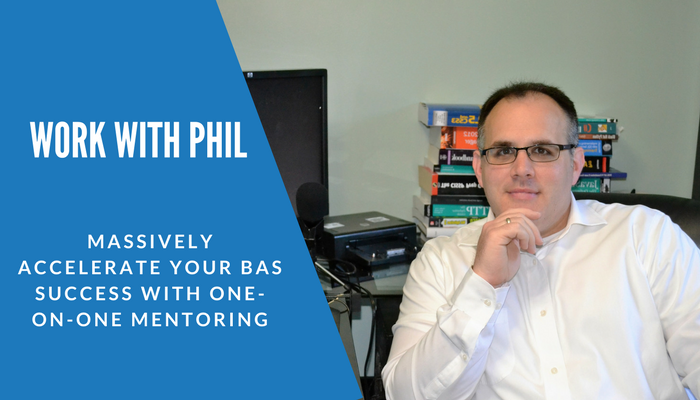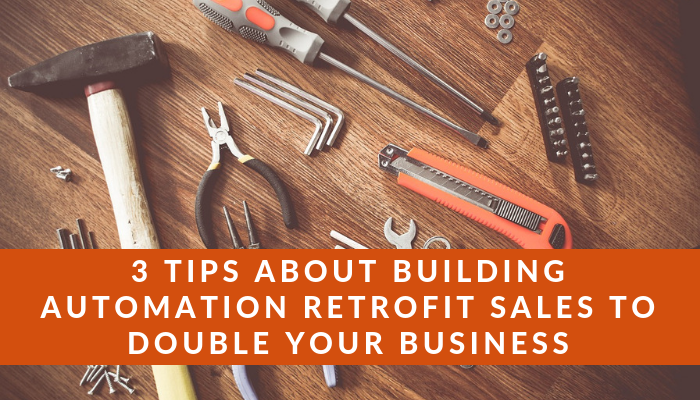Back when I worked at Johnson Controls I used to get asked this question quite a bit..
What question is that you ask?
It was the "Is your BAS Open" question. Honestly, that question bugged the heck out of me but probably not for the reason you're thinking.
For the longest time, whenever anyone's asked me what control system to use, my answer has always been the same.
My view is that controls are, for the most part, the same. Sure there are some different features here or there but what really makes the difference is the salesperson, installer, programmer, and servicer.
I want to repeat that because for some reason this fact seems to be glossed over whenever the time comes to "review" bids.
It is the talent of the team that makes the difference, not the product. Give me a "low-end building automation system" with an excellent team and it will outperform a "high-end building automation system" every time.
Ok, back to this openness thing...
One day I got curious and I was wondering if this whole openness issue was a sole source manufacturer issue or if those folks who installed "openly procured BAS" had the same issue.
After talking with several of my buddies who work as System Integrators (AKA Tridium installers), they told me they face the exact same question...
WHAT!!! Hold the bus, that can't be right? I mean after all isn't Tridium and products like it supposed to be the solution for the whole "open BAS problem"
Or is this whole open thing a red herring for something else...
Not selling the value of your team!
Look I've been on the other side of the fence on sales pursuits and it's damned easy to say something along the lines of "Well, we couldn't close the deal because they have xyz system and it's "open" so the customer went with them."
What is really being said is we didn't get to the buyer to show our value and to convince them that our team is better at delivering VALUE than any other team. Whether it's right or wrong we in the industry breakout into two camps.
On one side you have the sales approach that pitches numbers all day to plan and spec work and takes mechanical contractors golfing in hopes of the last look at pricing. Don't get me wrong, this is a necessary evil but where's the customer-centric value in that. (No seriously where is it, if I'm missing something I'd love to be informed!).
On the other end of the spectrum you have the full-court press cover all the buyers, address all the needs and sell value hard approach. The problem with this is that you need a full-court press, and this eats up a ton of sales resources in efforts that may not close business.
So how does openness play into this?
When I hear openness it's rarely about integration and protocols, let's be real, integration is the first thing value engineered out of most projects.
To most owners, the word openness means I as an owner believe that eventually, you're going to mess up, or you're going to price gouge me for service, after all, how else can you survive the "be low" mentality that you have to embrace to win work. That's why I, as a customer, want to know when this inevitable situation happens that I can go somewhere else, that I'm not locked to you.
This is actually a very easy objection to deal with.
Here's how you do it:
- Offer open book cost-plus pricing for post-contract service and parts. Pro-tip, make this even easier by offering a way for the customer to purchase directly from the supply house or your parts department.
- FREAKING TRAIN YOUR CUSTOMERS!!!!!!!!!!! Seriously, do I even need to harp on you about how the goal of your 8-hour training session shouldn't be to get it done in 2 hours? I've met too many sales folks who sell big deals and they can't show up to the training to see how their customer will be using the system.
I mean are you nuts!
This is the best time to learn the needs of your customers and build real-world language (AKA the words your customer uses) into your proposals. (Oh and one last thing, sitting on your phone while "physically being there" doesn't count either) you should be taking note of the questions your customers ask, who knows you may find out something that could be a nice little upsell for you...
- For those of you who do offer "openly procured systems", you can still apply the same strategies I lined out in bullet #1 and #2. Seriously, you'd be shocked how many folks leave money on the table by not showing customers how to continue to buy from them after the project is over.
So there you have it.
Do salespeople face a challenge with the topic of openness?
Of course! But my experience has been that most of the time the issue really has to do with something else.
If you implement the three steps above you will see great results. If you want to tap into my expertise and grow your business the first step is to click on the image below to set up a quick 15-minute consultation.






